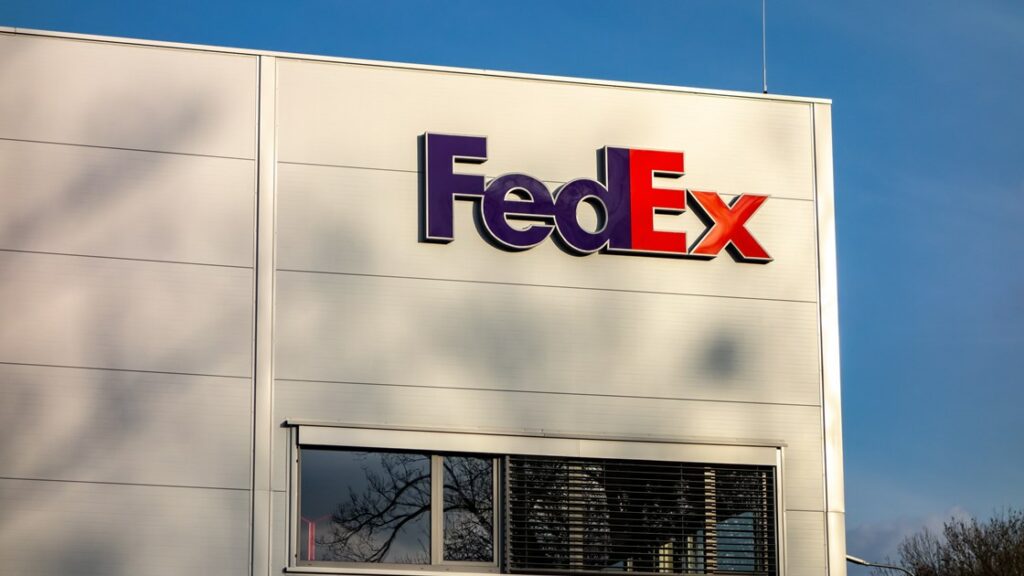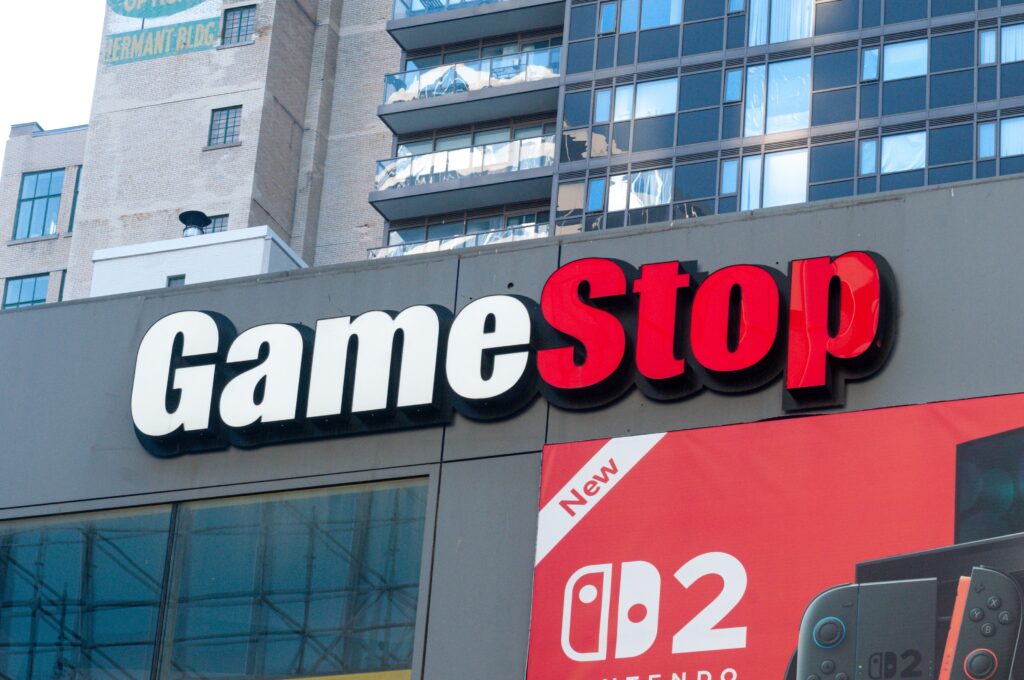Ticker Symbol: FDX
FedEx shares are up 15% in midday trading after the company announced a 53% increase in its’ quarterly dividend, added two independent directors to its’ board and added total shareholder return as a key performance metric to its’ executive compensation package. The changes were brought on after the company was involved in long negotiations with hedge fund and activist investor D.E. Shaw.
The share price increase, if it holds, would be the largest single day leap for the company since 1993. The moves come only two weeks after the board of the courier and transportation giant appointed a new Chief Executive Officer, Raj Subramaniam, to lead the company’s transformation. The new CEO has also instituted a reduction in capital spending for the fiscal year.
FedEx’s quarterly dividend payment will increase to $1.15 per share, for a total of $4.60 on an annualized basis. Based on the last trade price of the shares of $231.50, the dividend yield works out to a robust 2%. The increase was significantly above the average Wall Street estimate for the quarterly dividend to be raised to 87 cents per share.
The company’s moves to align the interests of management more closely with those of shareholders could also be seen as a positive sign. Such a move should, at least in theory, result in sharper focus on achieving healthier total returns for the company’s shares. FedEx is also being led by a new CEO for the first time in its’ history, after founder Fred Smith retired on June 1st. He led the company since its’ foundation in 1973.
Despite these recent moves, however, FedEx is still struggling against certain industry-wide issues and increasing earnings sustainably in the current environment could prove challenging. The company is dealing with higher logistics costs, higher freight costs due to increased oil prices, and elevated labor costs for its’ roughly 600 thousand employees globally. While the company expects to post improved gross margins this year, net profit margin would still be below a 6% mark it hit in fiscal 2018.
The company is also dealing with stiffer competition from UPS, USPS and relatively new entrant, Amazon logistics. Last-mile delivery in the U.S. market has especially become more competitive with couriers struggling to adequately predict and manage demand surges from e-commerce partners. FedEx has lagged competitor UPS and the broader market over the trailing 52-week period. FedEx shares are down 21.2%, versus a 12.3% and 13.6% decline for the S&P 500 and UPS, respectively.
This content is provided for general information purposes only and is not to be taken as investment advice nor as a recommendation for any security, investment strategy or investment account.






